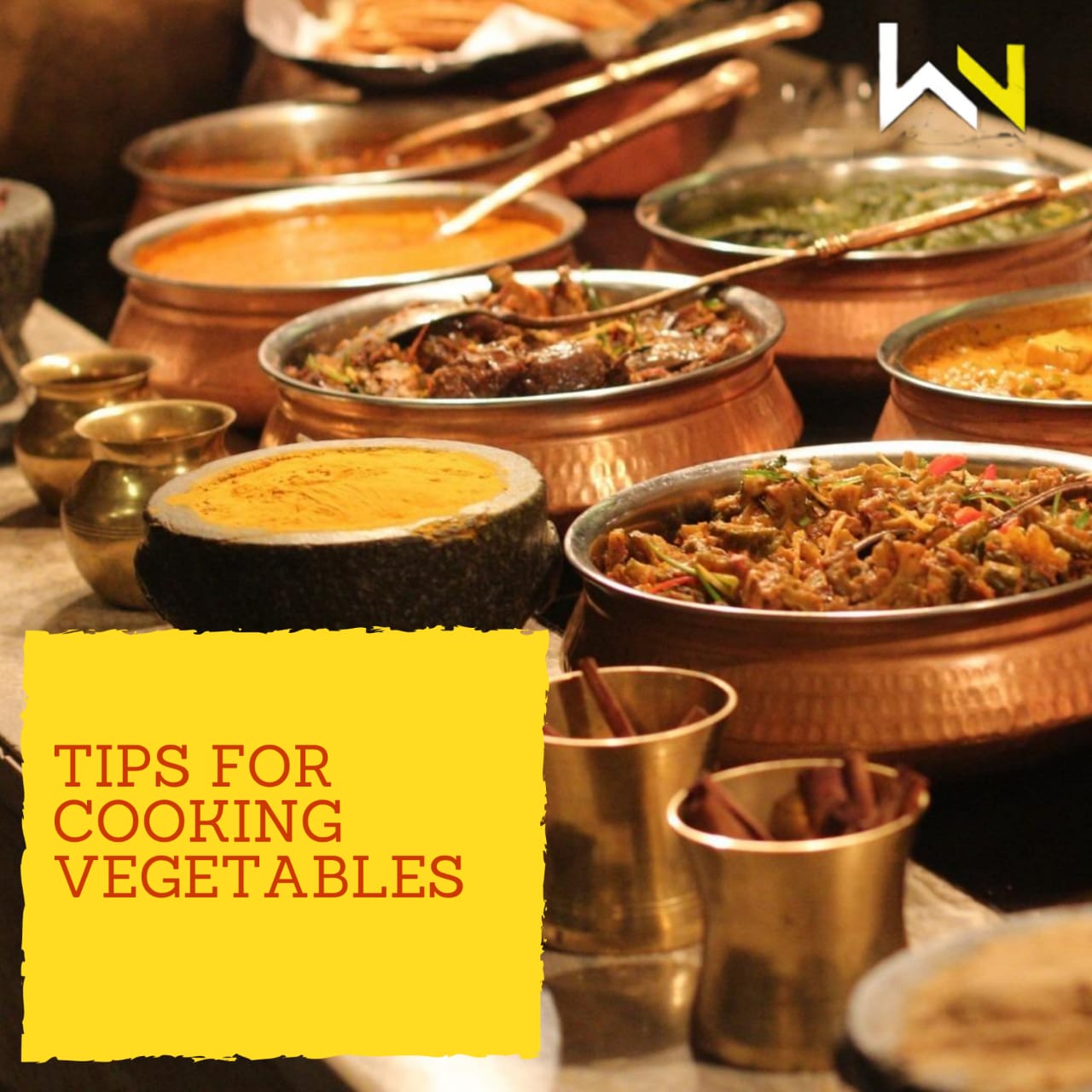Are your cooking practices unsustainable? Do you have a problem cooking within the budget? Are you looking for ways to reduce wastage and expenses? If yes, you are in the right place as we will provide some ideas to save resources while cooking.
The sky-rocketing costs of cooking can be drastically reduced if we focus on saving resources. Such savings will pave the way for sustainable development. Here are 10 ideas to save resources while cooking.
1. Plan before you cook
Planning is the first step to accomplish any task successfully. Before you cook, it is essential to plan for the ingredients. You can save a lot of resources by purchasing the exact quantity of ingredients required for your meal. Otherwise, all excess ingredients will rot away in the refrigerator or storage, thus going waste.
If you cook on a daily basis, then it is beneficial to pre-plan the meals for the upcoming week or month. Then the right quantity of groceries can be stocked up, with specific regard to their shelf life. Thus, planning goes a long way in preventing wastage and will lead to a sharp reduction of costs.
2. Clean with minimum wastage
All of us take the basic precaution of cleaning the raw ingredients, and this is of utmost importance. However, ingredients like rice, pulses, or thin leafy vegetables get drained in the sink while washing. This leads to the loss of precious resources.
The best way to minimize waste is to use a strainer. It will ensure that your raw ingredients are thoroughly cleaned and only water is drained out. Thus, you can be assured of cleanliness and save resources too.
3. Save the raw waste
The raw ingredient is not used in its entirety. You usually throw away vegetable and fruit peels, seeds, eggshells, etc. However, there are various ways in which they can be used.
Most peels can be converted into scrumptious dishes. For instance, chutneys or dips can be prepared using raw mango peels and ridge gourd peels. Apple peels can be dried and turned into chips or twigs and can also be used to add flavor to your evening tea. So, use one ingredient to make two dishes instead of using multiple ingredients.
Further, raw waste is a great source of organic manure for your garden. Vermicomposting of all the kitchen waste provides nutrition to the plants and aids in their healthy growth. For instance, the protein in eggshells assists in the growth of rose plants. Seeds of fruits and vegetables can be sowed to grow new plants. Thus, such usage of raw waste reduces costs and promotes sustainability. This is one of the best ideas to save resources while cooking.
4. Choose the right utensil
Using utensils of the appropriate size goes a long way in saving resources. You should select the utensil depending on the size of your meal. If you are planning for a small meal, then using a large pot or pan leads to unnecessary loss of fuel as more energy is required to heat up the utensil. Also, you should use lids as much as possible to preserve the heat within the utensil and conserve energy.
Similarly, while baking you should estimate the size of the baked product before choosing the utensil. Sometimes, cake batter overflows from the utensil while baking, due to the shortage of space. So, you should choose wisely and conserve resources.
5. Cook dishes together
There are certain dishes which can be cooked at once. For instance, when you want to steam rice, pulses, and eggs you can put them in three separate utensils and place those utensils in one large pressure cooker. This will eliminate the repetition of the procedure and will save both your fuel and time.
6. Cook on low flame
When you cook on low flame, the fuel consumption will be reduced and thus you can save more. So, it is always advised to simmer the flame after the pan gets heated up. Further, an added advantage is that you will reduce the chances of burning food or overcooking it.
7. Prepare new meals out of leftovers
Most of us throw away our leftover food. You will be astonished to know that we are wasting one-third of the food available for human consumption. This is a serious global concern and needs to be tackled for a sustainable tomorrow. Further, such wastage comes down heavy on our pockets. The efficient way to deal with this problem at an individual level is to prepare new meals out of leftover food.
Leftover rice from dinner can be turned into Tamarind Rice for breakfast the next morning. Similarly, leftover lentils can be stuffed into your Tortillas (Paranthas). Bread can be used for sandwiches. There is no dearth of recipes that you can make from leftover food. A simple research on the internet will fetch you hundreds of results. So, think before you simply throw away the leftovers next time.
8. Pick seasonal food
With the help of cold storages and preservatives, vendors are able to sell seasonal fruits and vegetables throughout the year. However, out of season produce is priced exorbitantly. Thus, it is always better for you to consume the fruits and vegetables which are in season. This not only helps to cut your budget, but you can also reap the health benefits of consuming seasonal produce.
9. Grow your food
If you have enough outdoor space and time, it is better to grow your food. Growing your food will reduce the extravagant grocery costs every month. Further, you can be assured of the quality of the food you are consuming because when you grow, you tend to keep it as organic as possible.
10. Track your cooking
Tracking should become an indispensable part of your cooking routine. When you keep a track of the ingredients you are using and the amount of waste being generated, you will be in a better position to reduce the wastage and save resources. Mindless cooking without tracking will lead to drainage of valuable ingredients and money. Thus, you should always track your cooking and this can be done using various mobile applications or manually.
Conclusion
These small steps and changes will greatly reduce your budget for cooking. Apart from the money, we will be saving valuable natural resources which is the need of the hour, if you are looking forward to a sustainable future for the generations to come.
DON’T FORGET TO SUBSCRIBE TO OUR NEWSLETTER.










